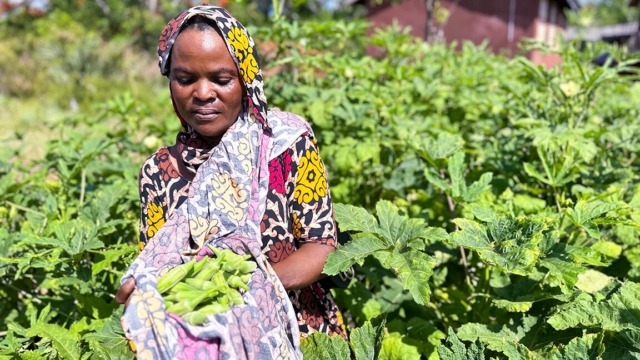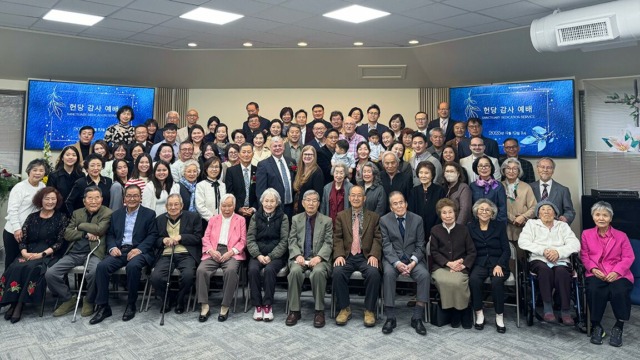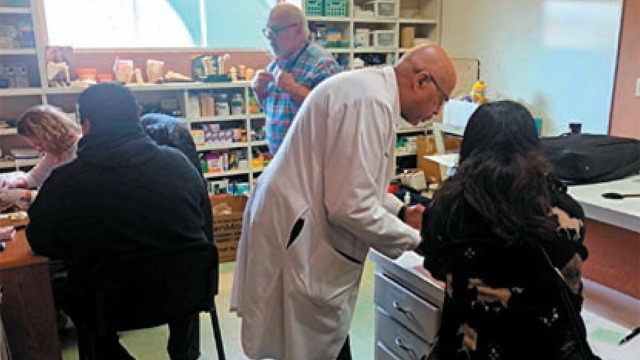Jose Briones – Denver, Colorado … In a recent discussion on the Rocky Mountain Conference (RMC) podcast, Living Generously, Cris Dutra, Young Adult director for the Carolina Conference of Seventh-day Adventists, highlighted the dynamic involvement and importance of young people in church activities. Despite significant advancements in outreach to youth and young adults at all levels of church organization, recent statistics reveal a concerning trend: the Seventh-day Adventist Church is losing four out of every ten new members, many of whom are young people.1
Cris identifies a fundamental challenge in bridging generational gaps, attributing much of it to differing core values. She illustrates this with an example from a potluck scenario. At a church near Southern Adventist University in Collegedale, Tennessee, her alma mater, one of the local churches had various tables for vegetarians, vegans, and gluten-free diets. The older generation at that church, which valued stability and uniformity, viewed this as a display of the health message and the importance of an Adventist standard.
Conversely, the younger generation, who prioritized transparency and inclusiveness, felt they couldn’t invite their friends to the gathering because they ate meat. Their differing views on dietary inclusiveness at church meals demonstrate the underlying communication rift, not a lack of faith or commitment.
Cris emphasized that fostering unity involves more than accommodating both perspectives; it’s about recognizing the genuine motivations behind each viewpoint. By understanding these motivations, perceptions of rebellion or indifference can be transformed into opportunities for deeper connection. She encouraged people to host conversations among different generations to understand each other and create a path forward for mission.
She noted, “Effective dialogue between generations can break barriers.” Young people often seek mentors and guidance from older church members but feel conditional acceptance, leading to a sense of abandonment. Research from the North American Division (NAD) and the book Growing Young supports this by reminding us of the younger generation’s need for mentorship and genuine interaction instead of only a superficial engagement with faith.
Cris also highlighted the importance of inclusivity in the decision-making process. Church boards should integrate young voices to prevent feelings of being exploited for menial tasks without real influence.
By valuing ideas from all age groups, churches can nurture enthusiasm and engagement. A future where collaborative efforts extend beyond church walls is envisioned, showing that living generously includes listening, understanding, and working together for the kingdom of God. This renewed commitment to fostering intergenerational relationships ensures a thriving, united church community. Listen to the podcast for more insights.
CLICK HERE to listen to the full episode, and CLICK HERE to see the full list of previous and future series episodes. To listen to the full podcasts on YouTube, CLICK HERE.
—Jose Briones is the RMC Stewardship Promotion and Content creator. Photo by fauxels of Pexels.
1 General Conference of Seventh-day Adventists. (2024, March 19). Reports by Topics – Adventist Research. Adventist Research. https://www.adventistresearch.info/research-reports/research-projects-commissioned-by-general-conference-officers/presentations-by-topics/




